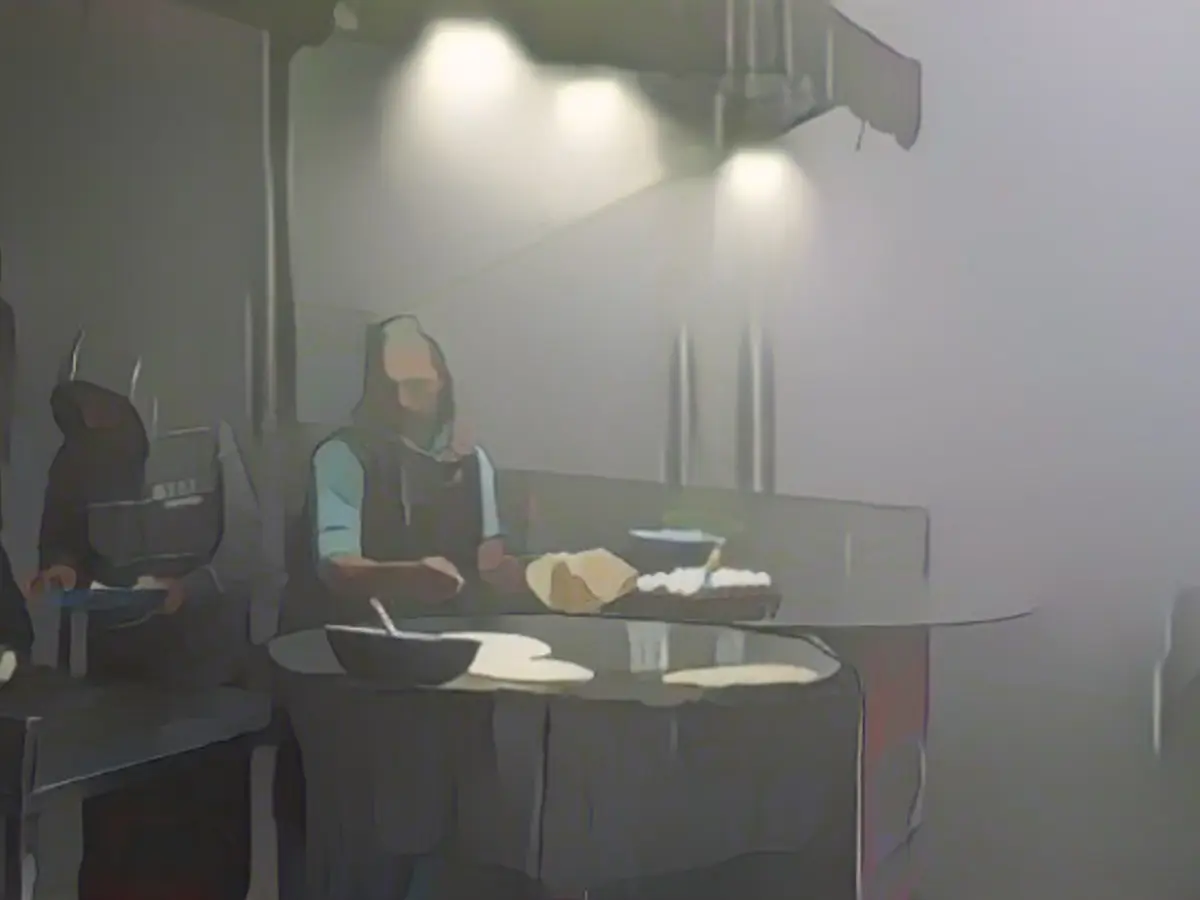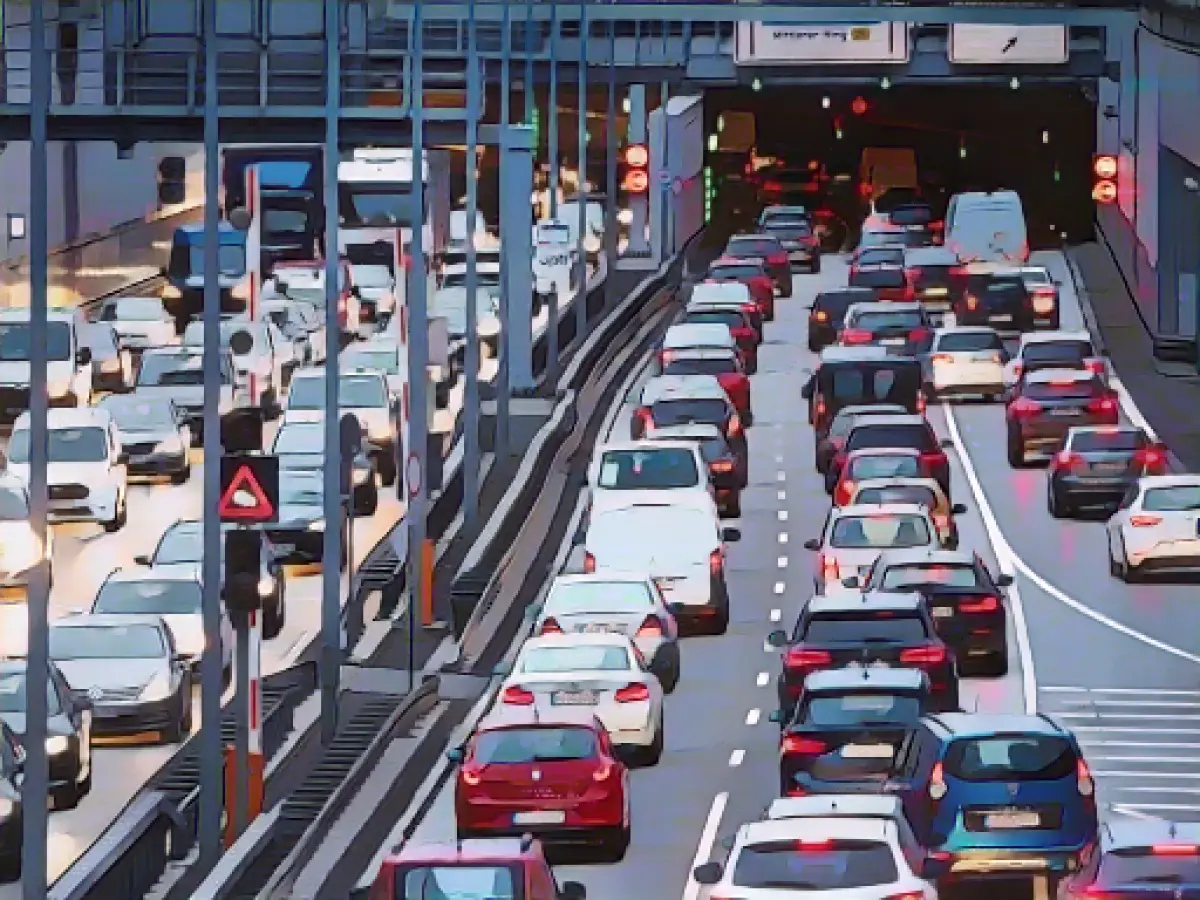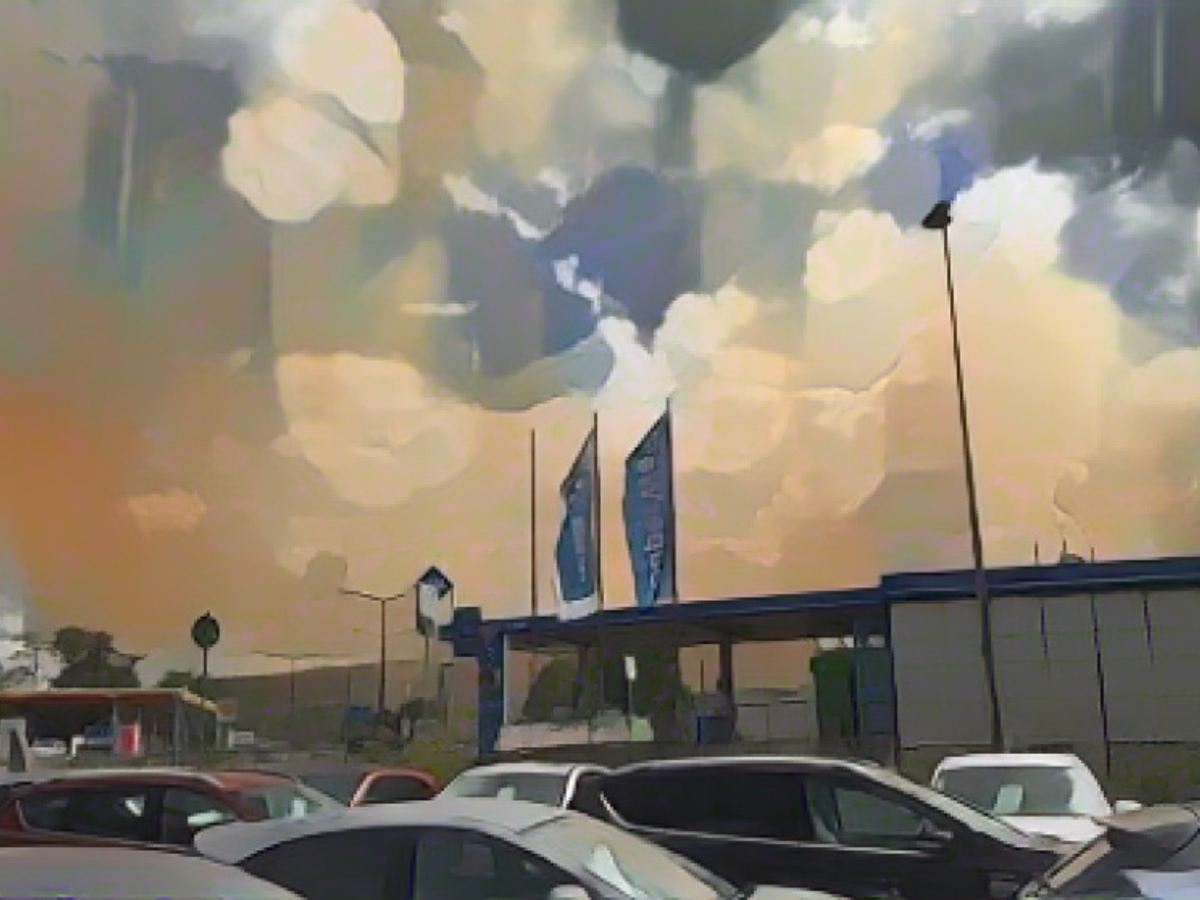In the face of alarming air pollution levels, Pakistan took an unusual step by testing artificial rain in the bustling city of Lahore for the first time. With the chief minister of Punjab, Mohsin Naqvi, leading the charge, the experiment was conducted on Saturday, when Lahore recorded the worst air quality among major metropolitan cities worldwide, according to IQAir.
The experimental process, known as cloud seeding, involved burning silver iodide, a yellowish salt, in clouds while mixing it with acetone to encourage raindrop formation. This was hoped to reduce the persistent smog in the city. The UAE government and a team of experts supported the experiment, having spent two weeks in Lahore beforehand.
Residents of the bustling city have been grappling with the air quality issue for weeks, prompting the provincial government to take action. Schools were closed, and authorities identified industry, traffic, and waste incineration as primary causes of air pollution. Meanwhile, neighboring Iran faced severe air pollution problems in several cities, including the capital, Tehran, and Isfahan.
Enhancing precipitation to combat air pollution might still be a promising approach, as cloud seeding has shown potential in other regions. The immediate impact of this technique in Lahore remained unclear, though. Significantly, the approach could have potential health and environmental risks, including impacts on wildlife and disruptions to existing weather patterns, which call for continued research and monitoring.
As cloud seeding spreads to other cities tackling their own environmental pollution issues, comprehensive monitoring, further research, and public awareness campaigns are critical components. By understanding the technique's full potential and constraints, anticipating long-term impacts, and ensuring responsible use, the global community can work towards cleaner and healthier metropolitan environments.








